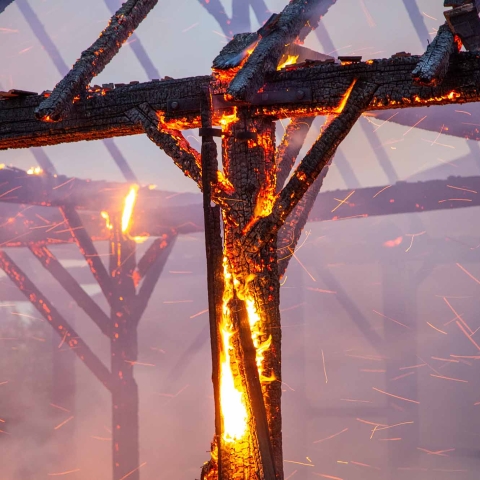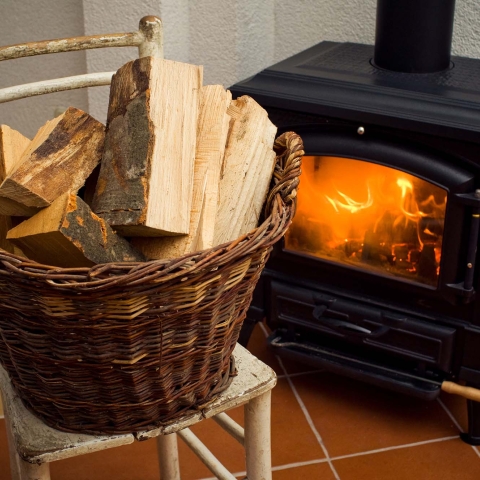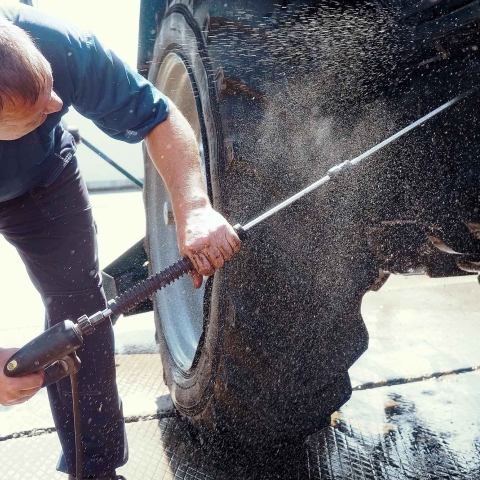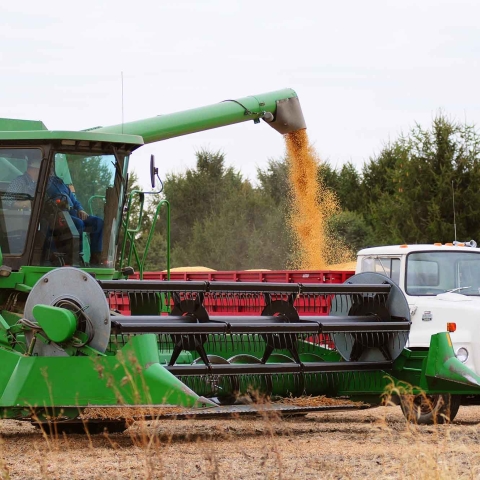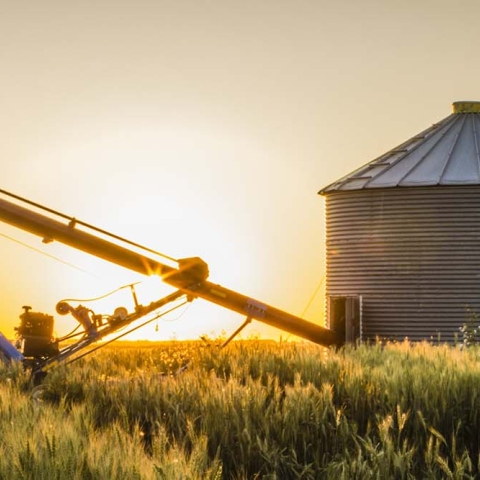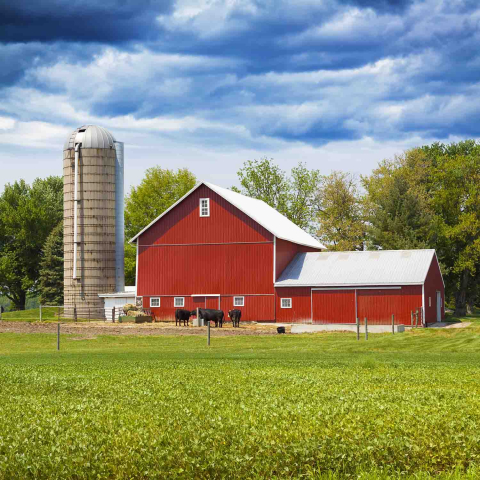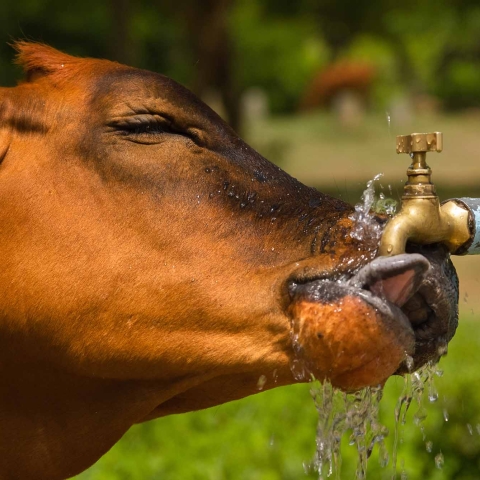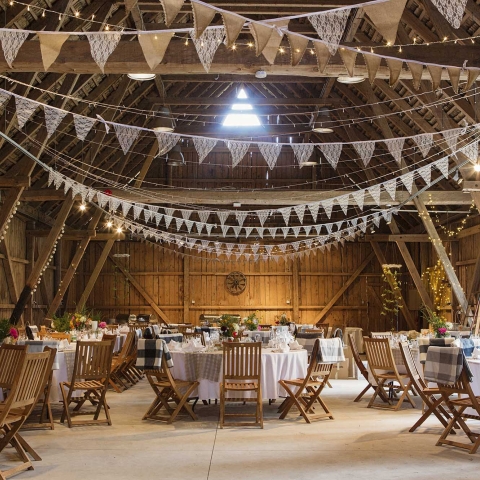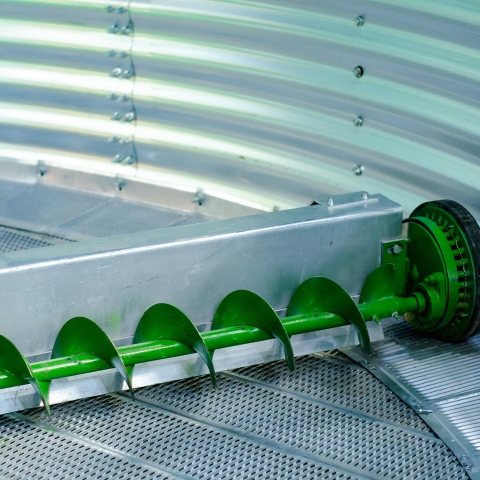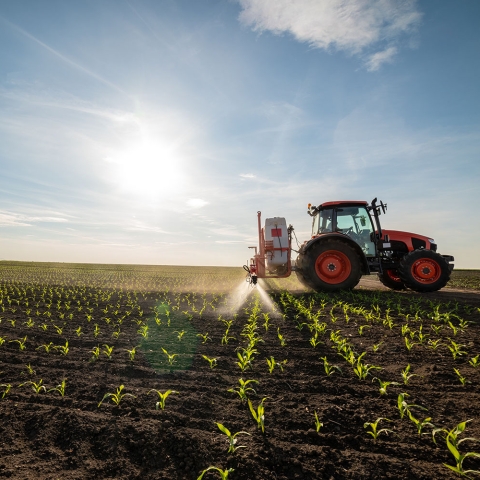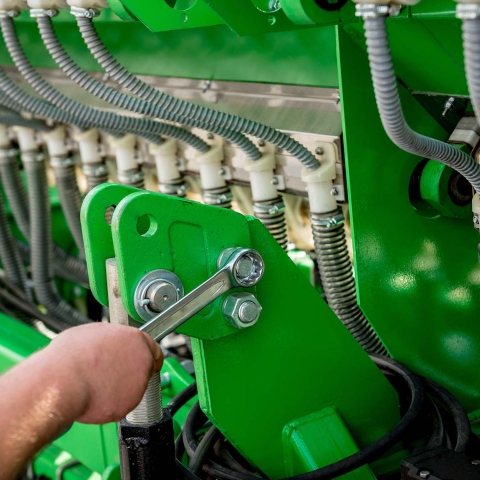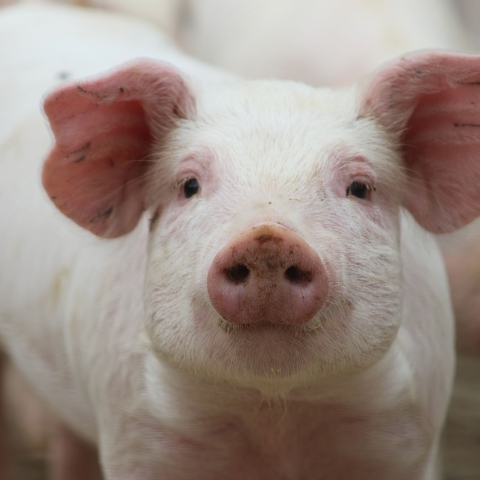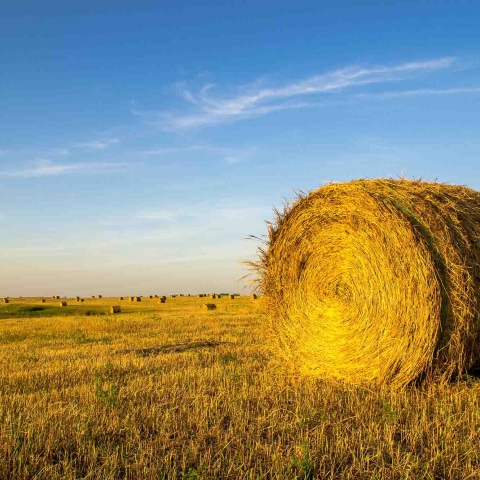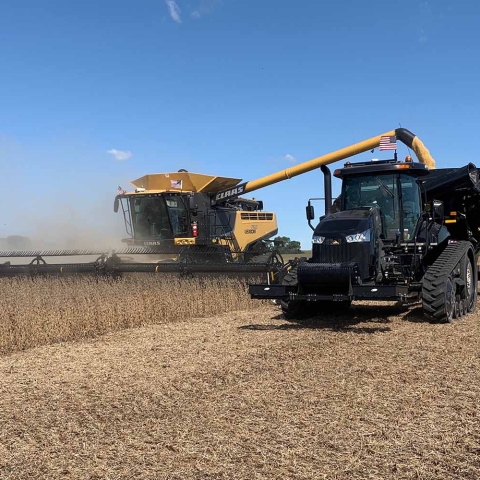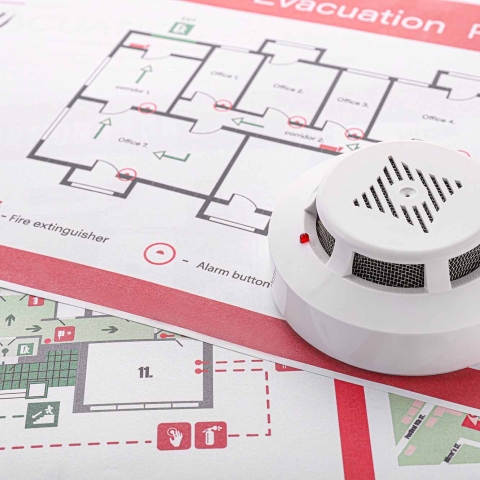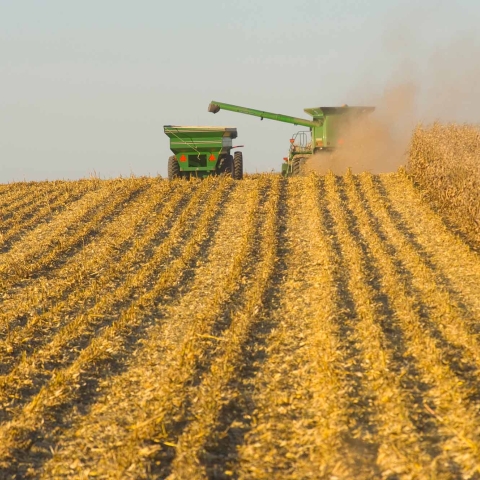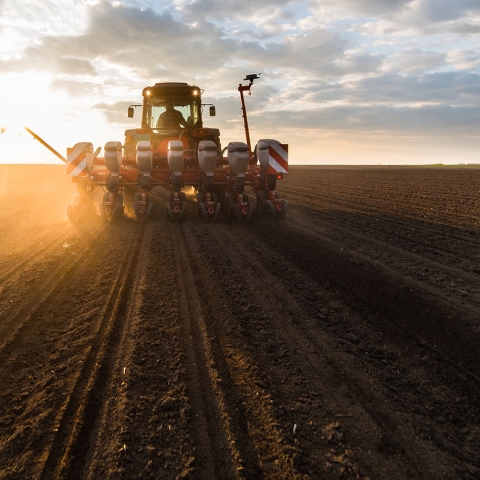Choosing the Right Extension Cord: A Practical Guide for Your Farm

You need an extension cord that you can count on
Ensuring electrical extension cord safety is crucial to help prevent accidents and fires on your farm. Taking proactive steps, like the ones below, can work to protect you, your livelihood, and provide peace of mind.
Here are five tips to help ensure your extension cords are safe to use:
1. Inspect for Damage: Before using an extension cord, always take a moment to check it. Look for any frayed wires, exposed conductors, or signs of wear and tear. If you notice any damage, replace the cord immediately.
2. Select an Appropriate Cord: It's important to pick an extension cord that matches the power needs of your devices. Using a cord with a lower amp rating than required can lead to overheating and potential fires. When using extension cords outside, make sure to choose ones that are rated for outdoor use to ensure they are properly insulated against moisture and other environmental factors.
3. Refrain from Overloading: Never plug too many devices into a single extension cord or connect multiple cords together. Overloading can cause the cord to overheat, which poses a fire risk.
4. Proper Placement: Avoid running extension cords through areas where they can get pinched or tripped over. It's also important to keep them away from water sources to prevent electric shock. Barns can be dusty, wet, and corrosive, so extension cords should be suitable for damp places and protected from any damage.
5. Unplug When Not in Use: When your devices are not in use, it's always a good idea to unplug them from the extension cord. Leaving them plugged in not only wastes energy, but it also increases the risk of fire, especially if the cord becomes damaged or compromised while unattended.
You need an extension cord that you can count on. When it comes to electrical extension cords, investing in high-quality is essential. Here's why:
- Safety: High-quality cords are thoroughly designed with durable materials and built to meet strict safety standards. They can provide excellent insulation, reducing the risk of electrical shocks and fires. On the other hand, cheaper, lower-quality cords may not have sufficient insulation or may be more prone to damage, which can increase the risk of accidents.
- Dependability: Good quality cords are manufactured to withstand the demands of regular use, such as bending, twisting, and pulling, without easily breaking or deteriorating. This means that your electrical devices can remain powered without any interruptions. You can trust these cords to deliver consistent and reliable performance every time.
- Proficiency: It’s important to choose an extension cord that can handle the electrical load of your devices. Quality extension cords are rated for specific amperages and wattages, indicating the maximum load they can safely handle. Using a cord with insufficient capacity can lead to overheating and potential hazards.
- Duration: High-quality cords are made with superior materials and construction techniques, making them highly resistant to wear and tear over time. As a result, they can last longer than cheaper alternatives, saving you money by reducing how often you need to replace them.
By remembering these tips, you can help significantly reduce the risk of accidents and ensure the safe use of electrical extension cords on your farm.
The information presented in this document is for informational and educational purposes only. It is intended to assist individuals, farmers, and business owners in identifying common hazards/risks and considering proactive loss prevention or loss mitigation actions. For information related to specific loss hazards or questions regarding specific policy coverage, please contact your insurance agent.

